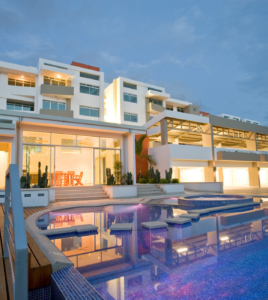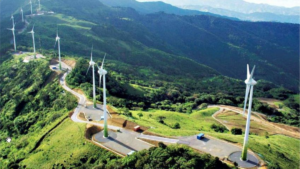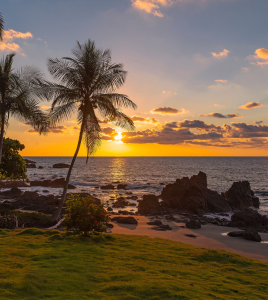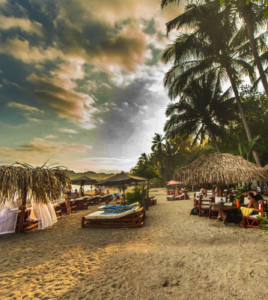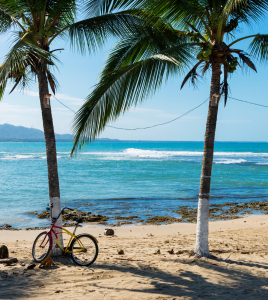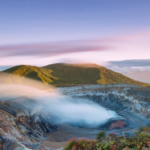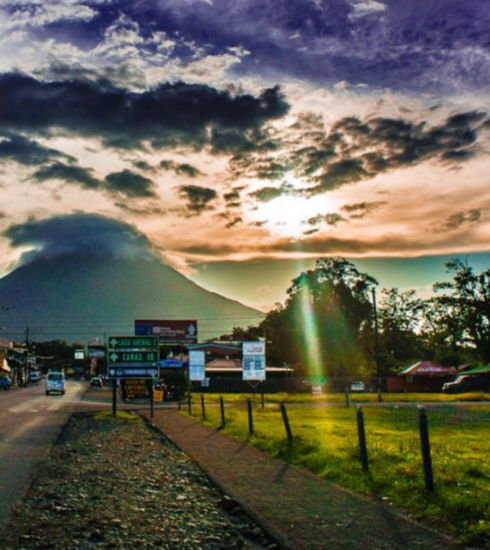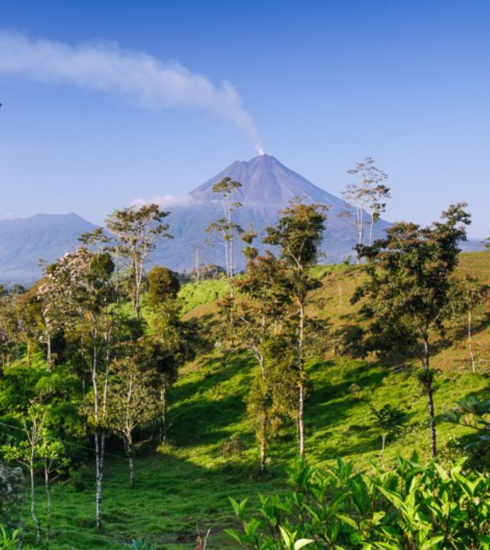Politics in Costa Rica

Costa Rica is a Republic
with a strong system of constitutional checks and balances. Executive responsibilities are vested in a President, who serves as the country’s center of power.

- There are two Vice-Presidents and a fifteen member Cabinet that includes one of the Vice-Presidents.
- The President and fifty-seven Legislative Assembly deputies are elected for four year terms.
Costa Rica used to have a two party system, with extreme difficulty for anybody to achieve electoral success under the banner of any other party. After the 2002 elections when a few third parties had a strong turnout, the two-party system pretty much had drawn its last breath, and was replaced by a multi-party system.
Costa Rica Politics
In the 2006 Presidential elections more than eight different parties fielded candidates, and over twelve different parties submitted candidates for the parliamentary elections. There are currently twenty distinct political parties in the Republic of Costa Rica, with the four major parties being the National Liberation Party (social democratic), Citizen’s Action Party (reformist leftists), Libertarian Movement Party (libertarian), and the Social Christian Unity Party (christian democratic).
Learn MoreMost Costa Ricans still vote according to family tradition (33 of 44 presidents from 1821 to 1970 are descendants of three original colonizers), and families remain loyal to a party throughout the generations. Around election time the streets of Costa Rica resemble the festivity of an impending World Cup soccer match, with banners of either green and white, or blue and red, for the two main political parties. The ambience is festive, consistent with the playful and open spirit with which the Costa Rican people embrace their unique and beloved Republic.
As a result of the Costa Rican government’s commitment to social welfare, the nation boasts one of the highest standards of living in Latin America. Costa Rica has been relatively free of the political strife that most of its neighboring countries struggle with. With an outstanding record for respecting human rights, Costa Rica has maintained a strong democratic tradition since the Civil War in 1948 until the present day.
Since the 1990’s the country has drifted steadily towards more “neo-liberal” economic practices, in promoting the private sector, downsizing a previously top-heavy government, reducing social spending, and promoting and export-oriented and tourism-oriented economy. As life becomes more and more expensive the Costa Rican people are experiencing a growing discontent. The burden of sustaining both a growing economy and maintaining social standards at acceptable levels is creating tension in the social fabric.
In 2004, numerous high-profile corruption scandals tore through the highest levels of the Costa Rican political landscape. Two former Presidents were arrested on corruption charges, with a third former President refusing to return to the country to face questioning. With faith in elected leadership at an all-time low, the Costa Rican people rallied for change in 2006, re-electing former President and recipient of the Nobel Prize for Peace in 1987, Oscar Arias Sanchez, pinning hopes on Don Oscar to reinvigorate the public trust, and guide the nation once again towards prosperity and stability.

